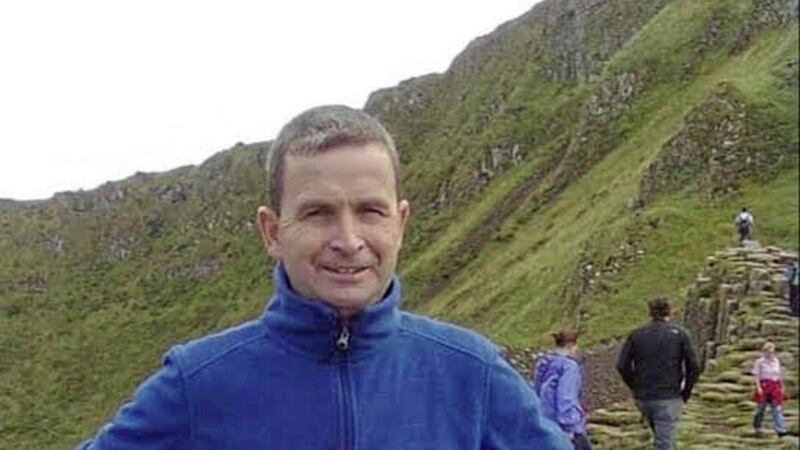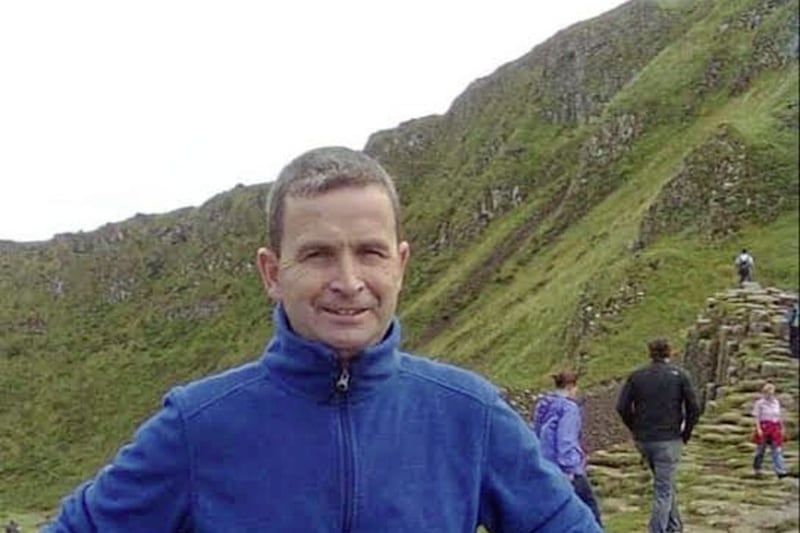A free screening programme for haemochromatosis, a genetic disorder also known as the Celtic Curse, is to be launched in Derry this summer.
Caused by an overload of iron in the body, the disorder is especially prevalent among Irish and other Celtic people. It can have a serious effect your liver, heart and pancreas.
Neil McClements, Chief Executive of Haemochromatosis UK, said: "The tragic thing is that most people realise they don’t have it until it’s too late.
"We are working with a number of community groups in Derry to provide the genetic testing kits for free ... because we know the community living around the North West and the Foyle, we know how common it is.
The testing kits will beavailable by the end of July.
Around one in 113 people in Northern Ireland are believed to have the condition.
In the Republic, it is estimated that one in 83 people have it.
"So, we think roughly 1 per cent of the population have the condition”, said Mr McClements.
Research suggests that the haemochromatosis mutation occurred in Ireland to conserve iron in the bodies of Celts who had lacked an iron-rich diet.
Seamus Breslin, a former teacher, believes he had “a lucky escape” when he was diagnosed with haemochromatosis seven years ago.
“When I was growing up here in Creggan, my father dropped dead in front of me in 1978 and he was 50. I was 14-years-old at the time," Mr Breslin said.
"I’m 57 now and everyone used to say he was a working-class man and maybe smoking and drinking at the weekend.
"Well, if that’s the answer, why didn’t all his friends drop dead as well? "
He added: "Now that we know haemochromatosis is genetic and it’s a wee gift I have gotten from my parents."
Once diagnosed, the treatment process was straight-forward for Mr Breslin, with Altnaglevin hospital in Derry bringing in him in regularly for a venesection.
Typically, a patient will be called into hospital to give blood every few weeks until their iron levels normalise.
Breslin warned: “There is potential for a genetic time bomb…I’m sure there’s a load of people dying that don’t need to be dying, they just don’t realise it.”
In 2016, there was a huge response when the manager of Omagh GAA, Larry Strain recalled how he had been diagnosed with haemochromatosis and called for a screening programme at sports clubs.




